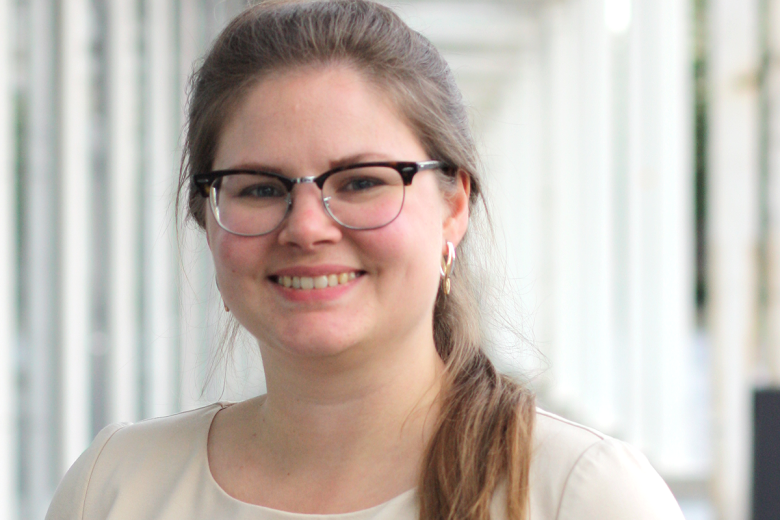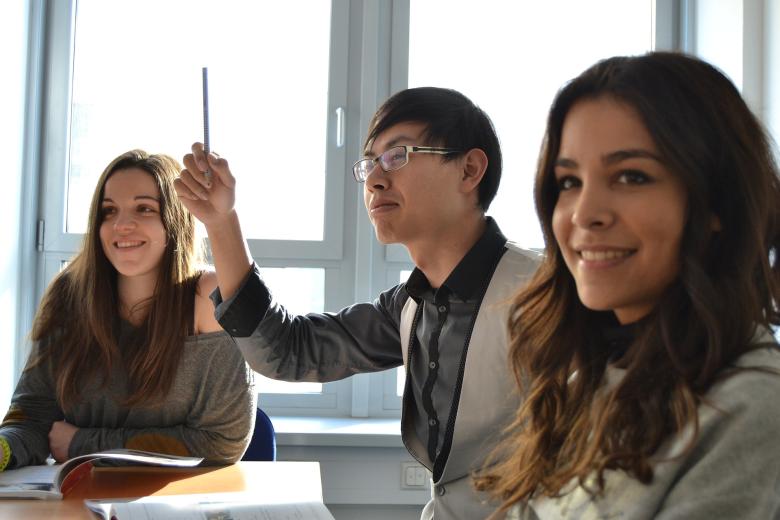Constitutive and constituted sovereignty
Sovereignty is invoked in many discussions today, from Brexit to Catalan independence, but it is rarely clear what, exactly, those who invoke sovereignty mean by it. For the purposes of understanding, analyzing, and understanding legal phenomena, however, a more precise understanding is necessary.
In Reconstructing Sovereignty (Springer Law and Philosophy Library, 2019), I set out to (re)construct sovereignty – as the title indicates – to gain this more precise understanding. The book’s starting point is that sovereignty is used in so many different ways in so many different contexts that finding a common denominator that is specific enough to be useful for the purpose of describing, analyzing and understanding legal phenomena and discussions invoking sovereignty is all but impossible. To remedy this, I develop two conceptions of sovereignty: constitutive and constituted sovereignty. Constitutive sovereignty is extra-legal and describes how a collection of entities (for example the people in a national/municipal context) can create, maintain, and deconstruct a legal system; constituted sovereignty is a legal status attributed to an entity (for example the people, the state, or parliament) that is independent of the legal consequences (such as certain ‘sovereign’ competences) that (used to) go hand in hand with it.
On January 30, a colleague of mine organized a symposium surrounding the book’s recent publication. During the symposium, three commentators from different academic backgrounds discussed these conceptions, their relationship with each other and their implications for different issues such as secession, the European Union, and Brexit with me: Bruno de Witte from Maastricht University, Lene Korseberg from the European University Institute and Olga Bashkina from the KU Leuven. If I were to write this book again – or if I ever write a second edition of it – many of the conversations of this day would lead to an expanded chapter on the relationship of the conceptions with each other and their application to contexts in which sovereignty plays a role. As it is, the book touches on these things, but they are not the focal point and the discussions of the symposium would enrich those chapters. Next to the relationship of the conceptions with each other and their application, the discussion also centred on the relationship between the conceptions of sovereignty as developed in the book and other concepts such as political authority and democracy.
The discussions were engaging, critical, and constructive in nature and tone and as such exemplify what I think is the heart of academia: a communal striving toward better understanding and further knowledge.
I’d like to thank Lucas Miotto for taking the initiative to organize this symposium, Bruno de Witte, Lene Korseberg and Olga Bashkina for taking the time to engage with my work, and for the Universiteitsfond Limburg (SWOL) for funding the event.
| More blogs on Law Blogs Maastricht |
A.M. Waltermann
Antonia Waltermann is assistant professor of legal theory and legal philosophy. She has a background in comparative law and public international law and expertise in practical philosophy, law and the cognitive sciences, legal reasoning and informal legal logic, legal methodology, and (analytical) legal theory.

-
Electromagnetic interferences in the language of the law
Language plays a fundamental role as a channel for law. It can enable members of society to access justice. Conversely, an inadequate use of language may result in a dissociation of law from a specific society. Language is a fundamental means to convey messages, to know the law, and to shape the law...

-
Comparative Law and the multicultural classroom
Comparative law and multiculturalism can evolve together in the classroom at schools of law and result in a fruitful combination. Their interplay should be encouraged.

-
Sovereignty in a globalised and polarised world?
What does sovereignty mean in today’s world, given trends of globalisation, Europeanisation and also polarisation?
